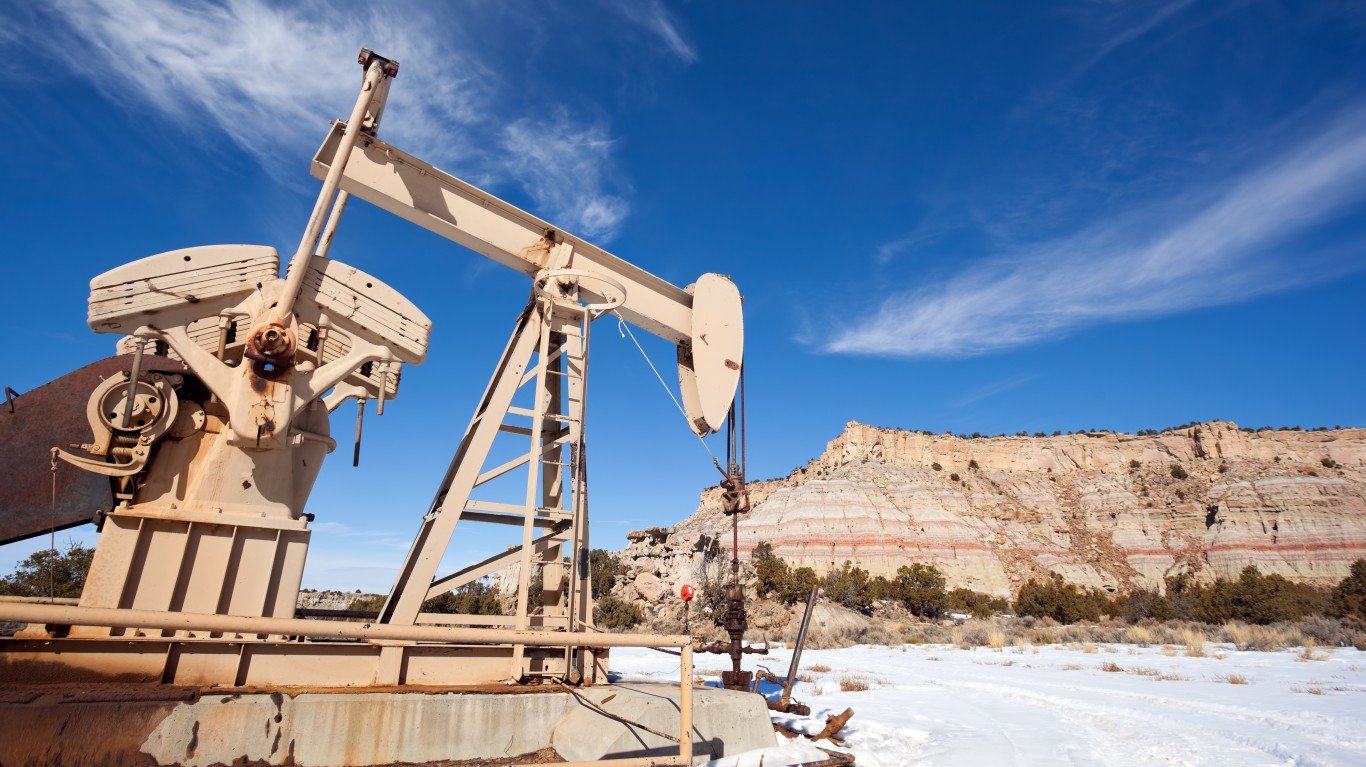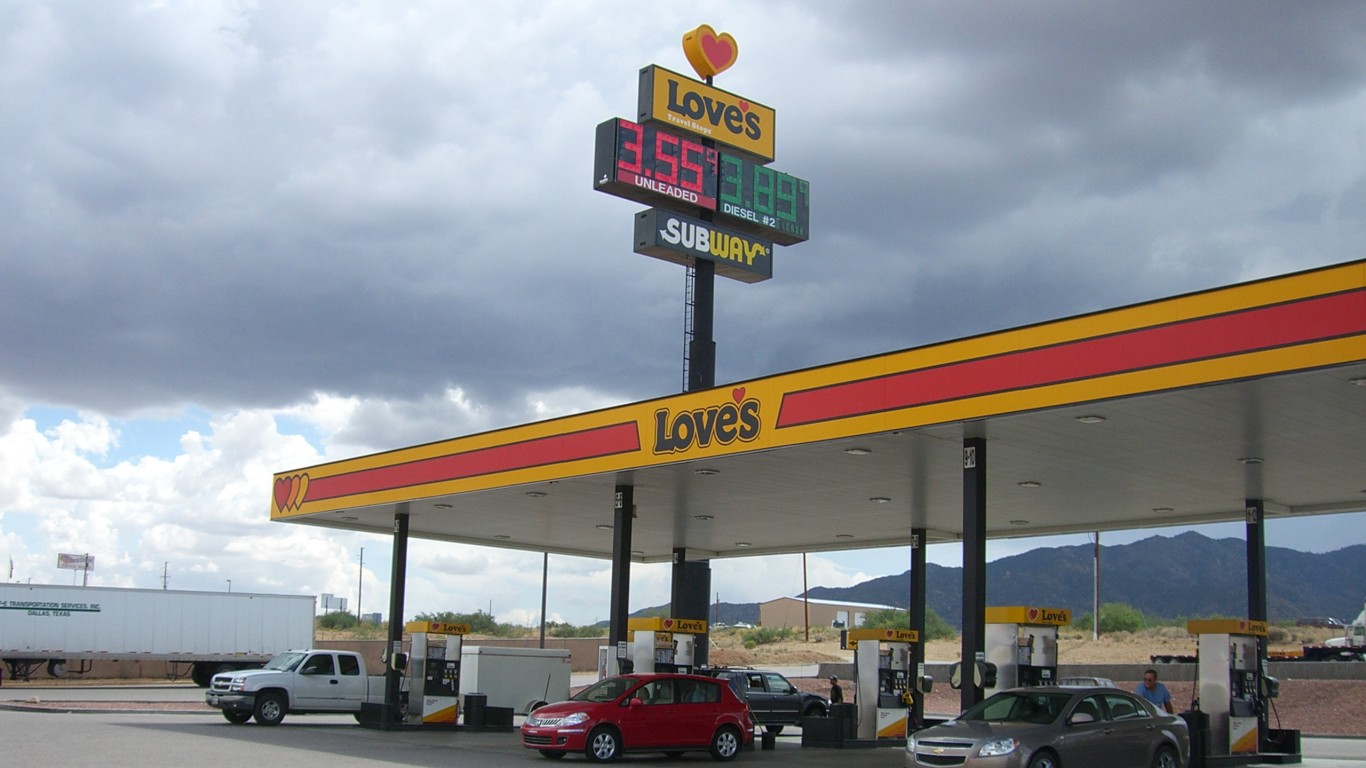

In its third-quarter survey on the oil and gas industry, the Federal Reserve Bank of Dallas reported Wednesday that energy sector growth declined sharply. The bank’s business activity index dropped from a −0.6 reading in the second quarter to −7.4 in the third quarter. In the first quarter of this year, the business activity index was 10.8.
Survey data was collected between September 11 and 19 from 163 firms, 108 exploration and production companies and 55 oilfield services companies.
Negative index scores indicate that business activity is contracting, while scores above zero indicate expansion. Scores near zero indicate that activity was essentially unchanged compared with the prior quarter. The Dallas bank is headquarters of the 11th Federal Reserve district and comprises all of Texas, the southern half of New Mexico and the northern portion of Louisiana.
Oilfield services firms drove the decline as business activity dropped from 6.6 in the second quarter to −21.8. The number of active rigs drilling has dropped by 185 year over year as of last Friday, with much of the decline coming in the shale basins of Texas and New Mexico. That has led to under-utilization of oilfield services company equipment, which plunged from an index reading of 3 in the second quarter to −24 in the third quarter.
The Dallas Fed’s senior research economist, Michael Plante, commented, “Conditions in the oil and gas sector deteriorated in the third quarter, with overall activity and employment declining modestly. Oilfield service firms were most affected, with a sharp drop in equipment utilization and operating margins. In general, the survey results suggest the second half of 2019 is going to be a tough one for the industry.”
Survey respondents expect West Texas Intermediate (WTI) crude oil to trade at $56.92 a barrel by the end of the year, about $0.50 a barrel higher than Wednesday’s price just before noon. During the survey response period, WTI averaged $57.76 a barrel.
Natural gas is expected to trade at $2.54 per million BTUs by the end of 2019, compared with a Wednesday price of around $2.52. Natural gas traded at $2.67 during the survey collection period.
As is its usual practice, the Dallas Fed asked a few special questions in its third-quarter survey. In response to a question about the biggest constraint on near-term growth, low prices for crude and natural gas was the overwhelming first- or second-choice. Limited access to credit and investor pressure to generate free cash flow were the second- and third-ranked first choices.
More than a quarter (28%) of industry executives think that the U.S. oil rig count will bottom out in the fourth quarter of this year, while 23% think the low point will come in the first quarter of 2020 and 20% think the bottom will be reached in the second quarter of next year.
Here are a few comments culled from the September survey:
We expect industrywide drilling-and-completion capex [capital expenditures] spending to be down by about 10 percent in 2020.
Unless prices improve, I think the rig count will continue to drop.
The overall industry conditions are not good. Prices are too soft and erratic, and costs are too high. My outlook for the business is pessimistic right now.
Crude oil prices will need to drop to around $40 per barrel to find a bottom in the rig count.
A long comment on how the U.S. Energy Information Administration (EIA) counts drilled but uncompleted (DUC) wells disputes the agency’s count of 7,950 DUCs, arguing that if counted correctly (drilled to full depth and horizontal length rather than all spudded wells), “the [low] number will shock a few people.”
Essential Tips for Investing: Sponsored
A financial advisor can help you understand the advantages and disadvantages of investment properties. Finding a qualified financial advisor doesn’t have to be hard. SmartAsset’s free tool matches you with up to three financial advisors who serve your area, and you can interview your advisor matches at no cost to decide which one is right for you. If you’re ready to find an advisor who can help you achieve your financial goals, get started now.
Investing in real estate can diversify your portfolio. But expanding your horizons may add additional costs. If you’re an investor looking to minimize expenses, consider checking out online brokerages. They often offer low investment fees, helping you maximize your profit.
Thank you for reading! Have some feedback for us?
Contact the 24/7 Wall St. editorial team.


